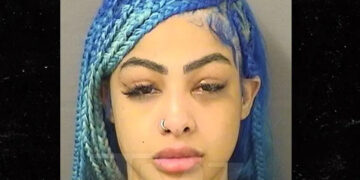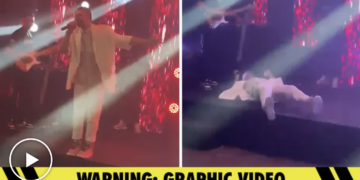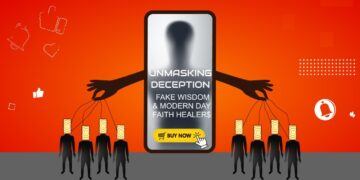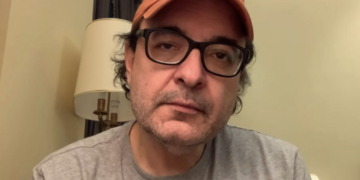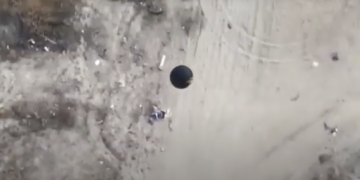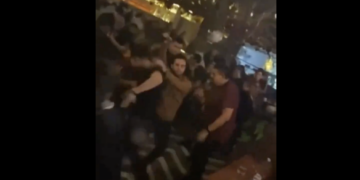The US Copyright Office (USCO) is calling for public input on the topic of generative artificial intelligence (AI) and the question of who can claim ownership over its outputs. The rapid growth of AI systems and their increasing prominence in the legal system has prompted the USCO to seek public comments on a range of complex issues related to AI technology. These include concerns surrounding companies training AI models on copyrighted works, the copyright eligibility of AI-generated content, and the liability for infringing on such content. Additionally, the USCO is looking for guidance on how to address the issue of machine-made outputs that closely mimic the work of human artists.
In a notice published on Wednesday, the USCO acknowledged the widespread debate surrounding the adoption and use of generative AI systems and the implications they hold for the future of creative industries. The office emphasized the need to address significant questions for the copyright system raised by the increasing volume of AI-generated material. The USCO emphasized the importance of determining the extent of human authorship required to register a copyright for content that is primarily created by AI. It raised the fundamental question of whether AI is merely an assisting instrument in the creative process or if it genuinely contributes to the authorship of the work.
While this issue remains unresolved, some legal cases have hinted at potential boundaries. For instance, the USCO highlighted a case in which it determined that the text and layout arrangement of a partially AI-generated graphic novel were eligible for copyright protection, but the AI-generated images were not. Conversely, a federal judge recently rejected an attempt to register AI-generated art that lacked any human intervention other than its initial text prompt. The judge argued that copyright law has never been extended to protect works generated solely by technology without any human involvement.
The USCO is also seeking public input on the increasing number of infringement claims filed by copyright owners against AI companies for training their models on their published works. Notably, comedian Sarah Silverman is among the high-profile plaintiffs suing OpenAI and Meta for allegedly training their AI models, ChatGPT and LLaMA, on her written work. OpenAI is also facing a class-action lawsuit for using scraped web data to train its viral chatbot. The USCO is interested in understanding the public’s perspective on these copyright infringement issues and potentially incorporating their input into future policies and regulations.
To facilitate public participation, the USCO has opened a public comment period that will remain open until November 15th. This provides an opportunity for individuals and organizations to share their thoughts, concerns, and recommendations on generative AI and copyright-related matters. Members of the public can submit their comments through the USCO’s online portal.
These public comments will play a crucial role in shaping the USCO’s understanding of the challenges and complexities surrounding generative AI and copyright. They will inform the development of guidelines and policies that strike a balance between protecting the rights of human authors and encouraging innovation in the field of AI. By seeking public input, the USCO aims to ensure that the copyright system remains relevant and effective in navigating the growing influence of AI technology.
In conclusion, the US Copyright Office is actively seeking public input on the myriad issues presented by generative AI, including questions about copyright eligibility and liability, as well as the degree of human authorship required for copyright registration. The office is also interested in understanding the public’s perspective on infringement claims related to AI training on copyrighted works. By soliciting public comments, the USCO aims to gain comprehensive insight into these complex issues and incorporate diverse perspectives into its decision-making processes. If you have thoughts or opinions on generative AI and copyright, this is your opportunity to contribute to shaping the future of this rapidly evolving field.












